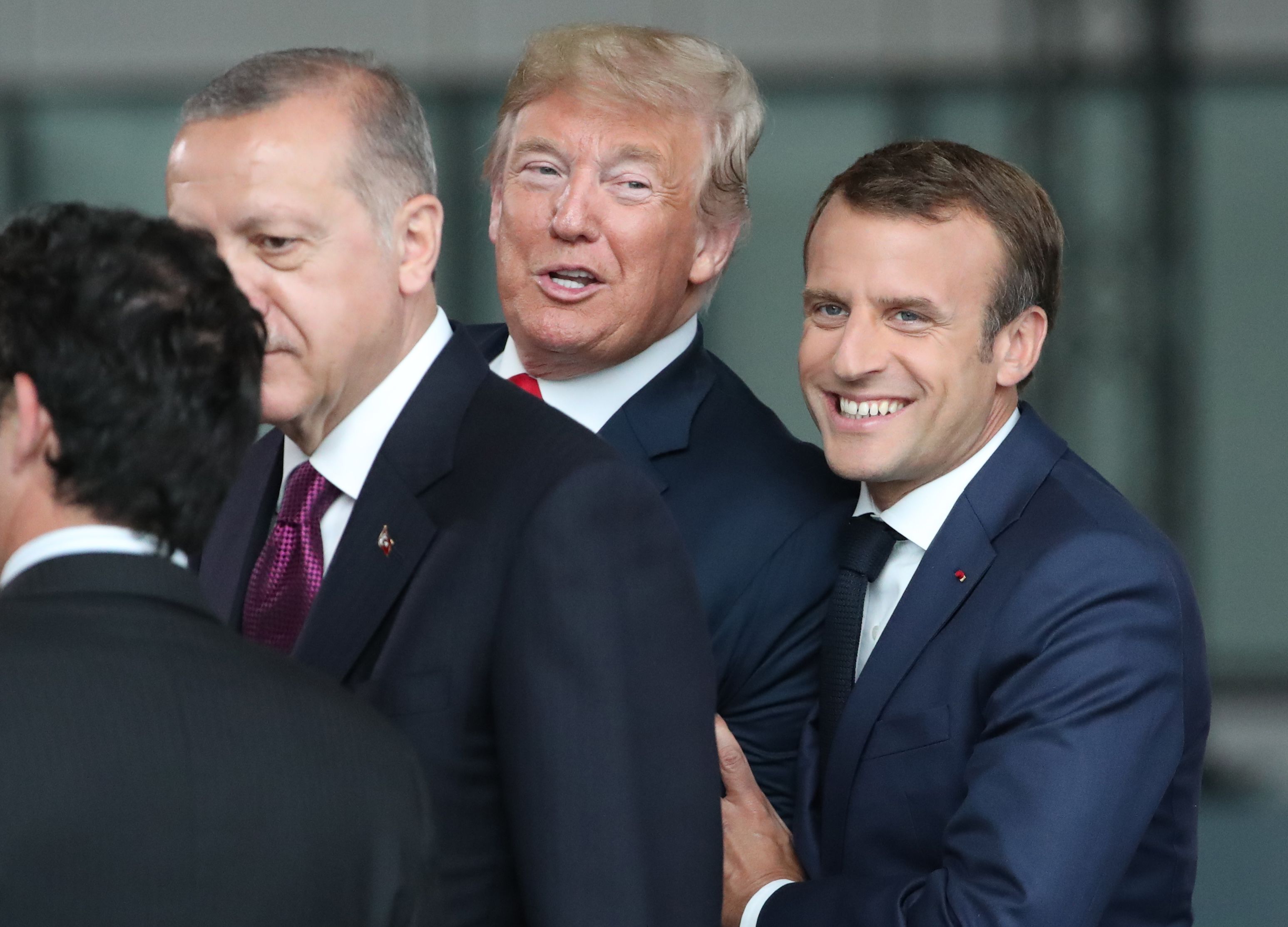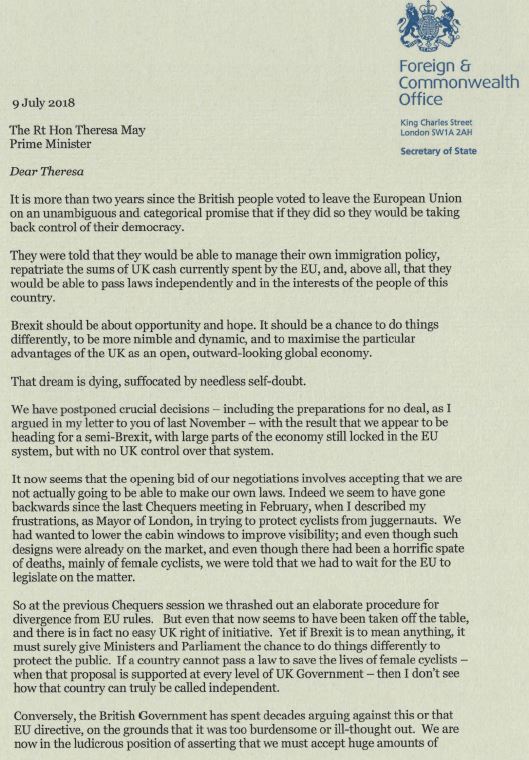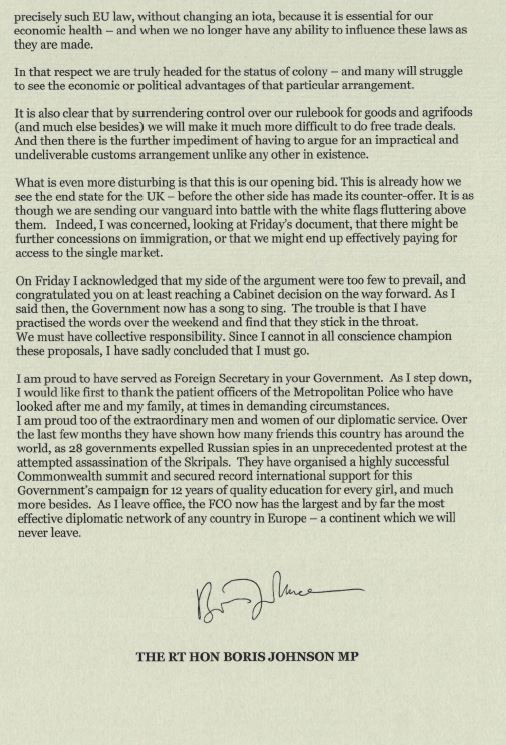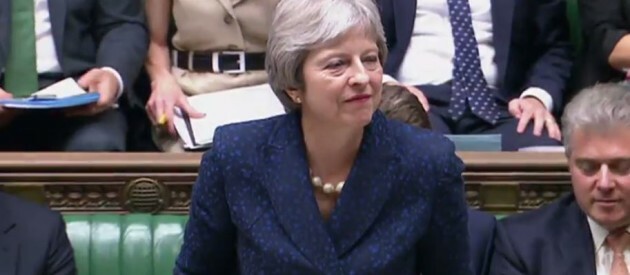BERLIN (AP) — The European Court of Human Rights says an Austrian woman’s conviction for calling the prophet of Islam a paedophile didn’t breach her freedom of speech.
The Strasbourg-based ECHR ruled Thursday that Austrian courts had “carefully balanced her right to freedom of expression with the right of others to have their religious feelings protected.”
The woman in her late 40s, identified only as E.S., claimed during two public seminars in 2009 that the Prophet Muhammad’s marriage to a young girl was akin to “pedophilia.” A Vienna court convicted her in 2011 of disparaging religious doctrines, ordering her to pay a 480-euro ($547) fine, plus costs. The ruling was later upheld by an Austrian appeals court.
The ECHR said the Austrian court’s decision “served the legitimate aim of preserving religious peace.”
*** 
Free speech in Europe has stipulation according to the high court. It is important to know that the European Union rules over all laws and legal cases for each country in the European Union. Hence at least one reason for Brexit.
Isn’t speech a human right? Nope, not in Europe. Anyone remember the Magna Carta? You know the cornerstone of liberty in England. Seems it does not apply to any basis in Europe or England and it is being challenged all over here in the United States where the Magna Carta was the basis of the U.S. Bill of Rights.
1929 Justice Oliver Wendell Holmes, of the US Supreme Court, outlines his belief in free speech: ‘The principle of free thought is not free thought for those who agree with us but freedom for the thought we hate.’
1948 The Universal Declaration of Human Rights is adopted virtually unanimously by the UN General Assembly. It urges member nations to promote human, civil, economic and social rights, including freedom of expression and religion.
With the horrific massacre at the Tree of Life Synagogue in Pittsburgh against Jews, blame is being pointed to President Trump causing the anger. But yet Louis Farrakhan attacks Jews all the time and then there is the pesky organization known as BDS, Boycott, Divest and Sanction has representation across U.S. college campuses and they too preach hate against Jews but that is okay? Huh?
Meanwhile, back to that European Court of Human Rights….check it out, but submit your complaint application first.
Proceedings before the Court
Proceedings before the Court are conducted primarily in writing; public hearings are rare.
There is no cost associated with submitting an application and the applicant may apply for legal aid to cover expenses that arise later in the proceeding.
While a lawyer is not necessary to lodge a complaint, applicants should have representation after the case is declared admissible, and must be represented by a lawyer in any hearing before the Court.
Applications to the ECtHR go through two phases: admissibility and merits. The specific nature of the case will dictate the speed and course of the proceedings. However, it may be months or years before an applicant receives a decision or judgment.
Admissibility
When the Court receives an application, the Court must determine if it meets all of the admissibility requirements. An admissibility decision may be made by a single judge, a three-judge committee, or a seven-judge chamber. To be declared admissible, an application must meet the following criteria:
- Exhaustion of domestic remedies
- Six-month application deadline (from the final domestic judicial decision)
- Complaint against a State party to the European Convention on Human Rights
- Applicant suffered a significant disadvantage
If an application fails to meet any of these requirements, it will be declared inadmissible and cannot proceed any further. There is no appeal from a decision of inadmissibility.
Applicants may use the ECHR’s Online Admissibility Checklist to determine if their complaint satisfies the requirements. Additionally, the Court has created a short video on Admissibility Conditions.
Merits
If an application is not struck from the list or declared inadmissible at an earlier stage, it will be assigned to one of the ECtHR’s five sections and the State will be notified of the complaint. At this time, both parties will have the opportunity to submit observations to the Court. These observations may contain specific information requested by the Chamber or President of the Section, or any other material that the parties decide is relevant. The Chamber has the option to consider admissibility and merits separately or concurrently, but it must notify the parties if it plans to consider admissibility and merits together.
When a Chamber issues a judgment on the merits, there is a three-month period before the decision becomes final. During this period, either or both of the parties may request that the application be referred to the Grand Chamber. However, the Grand Chamber only hears a limited number of exceptional cases.
If the Court ultimately decides a case in favor of the applicant, it may award just satisfaction (monetary compensation for the damages suffered) and require the State to cover the cost of bringing the case. If the Court finds that there has been no violation, then the applicant is not liable for the State’s legal expenses.
The Committee of Ministers of the Council of Europe is responsible for enforcing the Court’s judgments. States are bound by the decisions of the Court and must execute them accordingly. Often this means amending legislation to ensure that the violation does not continue to occur. However, the Court does not have the authority to overrule a national decision or annul national laws.
Friendly Settlement
Prior to a decision on the merits, the Court will try to facilitate the arrangement of a friendly settlement. If a friendly settlement cannot be reached, the Court will then deliver a judgment on the merits. In instances where the Chamber hearing the case decides to issue an admissibility decision in conjunction with a judgment on the merits, the parties may include information about friendly settlements in the observation they submit to the Court.
Interim Measures
In exceptional cases, the Court may grant applicants “interim measures,” which are designed to protect the applicant from further harm while the case proceeds before the Court. Requests for interim measures are only granted when there is an imminent risk of irreparable harm such as death or torture. They are most often granted in extradition and deportation cases.


 France’s President Emmanuel Macron jokes with President Trump. Photo by Tatyana Zenkovich/AFP/Getty Images.
France’s President Emmanuel Macron jokes with President Trump. Photo by Tatyana Zenkovich/AFP/Getty Images.
 Meanwhile, Prime Minister Theresa May has a Brexit government that is slowly imploding.
Meanwhile, Prime Minister Theresa May has a Brexit government that is slowly imploding.
 Taking bets on whether there is a coup underway to force PM Theresa May to resign.
Taking bets on whether there is a coup underway to force PM Theresa May to resign.